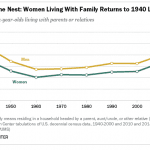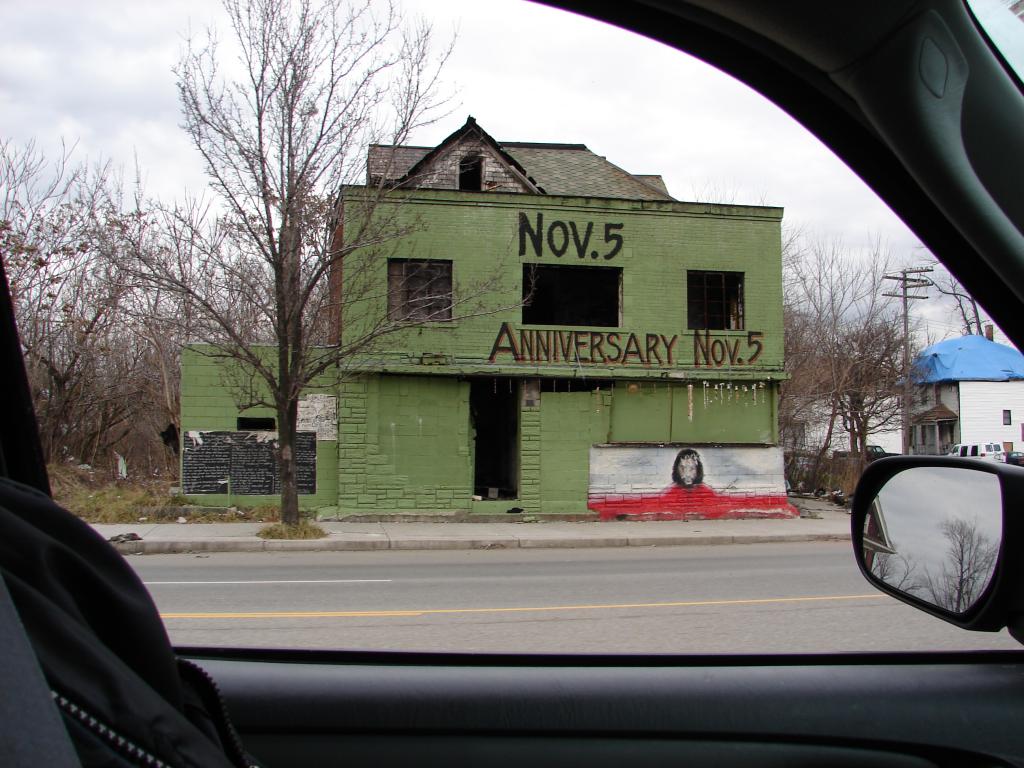For you data-lovers, there’s a new report out, commissioned by JP Morgan Chase, “Detroit’s Untapped Talent: Jobs and On-Ramps Needed; CSW Workforce System Mapping Report: Part I,” as linked to by the Detroit News.
The report is sobering.
In 2014, there were 278,000 residents of Detroit aged 16 to 64 years in the labor force, compared to 168,000 residents who were not in the labor force. The overall labor force participation rate for city of Detroit residents in this age range was 62%, which is much lower than in neighboring Macomb and Oakland counties (76% and 77% respectively) and the state of Michigan (72%). It is also lower than comparison cities such as Cleveland and Atlanta (68% and 72%). To reach the same labor force participation rate as the state of Michigan, 43,300 Detroit residents would need to enter the labor force.
Of the 278,000 residents in the labor force, 60,500 were unemployed (21.7%), for a total of 229,000 individuals who are either unemployed or not participating in the labor force. This is much higher than the surrounding counties (7% in Macomb and 6% in Oakland) and comparison cities (ranging from 6% in Nashville to 19% in Cleveland).
Among the difficulties Detroiters face are the simple lack of jobs in Detroit — 115,000 already commute outside the city, and others would fill more job openings there, but are limited by transit difficulties; there are more reverse commute options than you’d think for heading out to the suburbs, but still not enough, and car insurance rates range from $2,500 – $5,000 per year, out of reach for the poor.
What’s more, jobs in Detroit are filled largely by suburban residents — nearly three times as many Detroit workers come from the ‘burbs (176,000) as live and work in the city (63,500) — and the reason for this is that those jobs demand a skill level greater than Detroit’s workers, taken as a whole, possess: 66% of Detroit jobs require at least some college, a level of education that only 48% of the population possesses, and significant numbers of city residents have very low levels of education or skill. One estimate is that 47% of Detroit adults are functionally illiterate. To enable Detroit’s unemployed to find work, and those not in the labor force at all to begin to search for work, Detroit would need significant numbers of low-skill jobs in the city or accessible by existing or new transit links.
What’s the solution? Well, the reader is promised a forthcoming companion report with proposals and partnerships, so we’ll see, but the usual approach in Detroit has historically been one Big Project (new arenas, etc.) after the next.
(image: own photograph)














